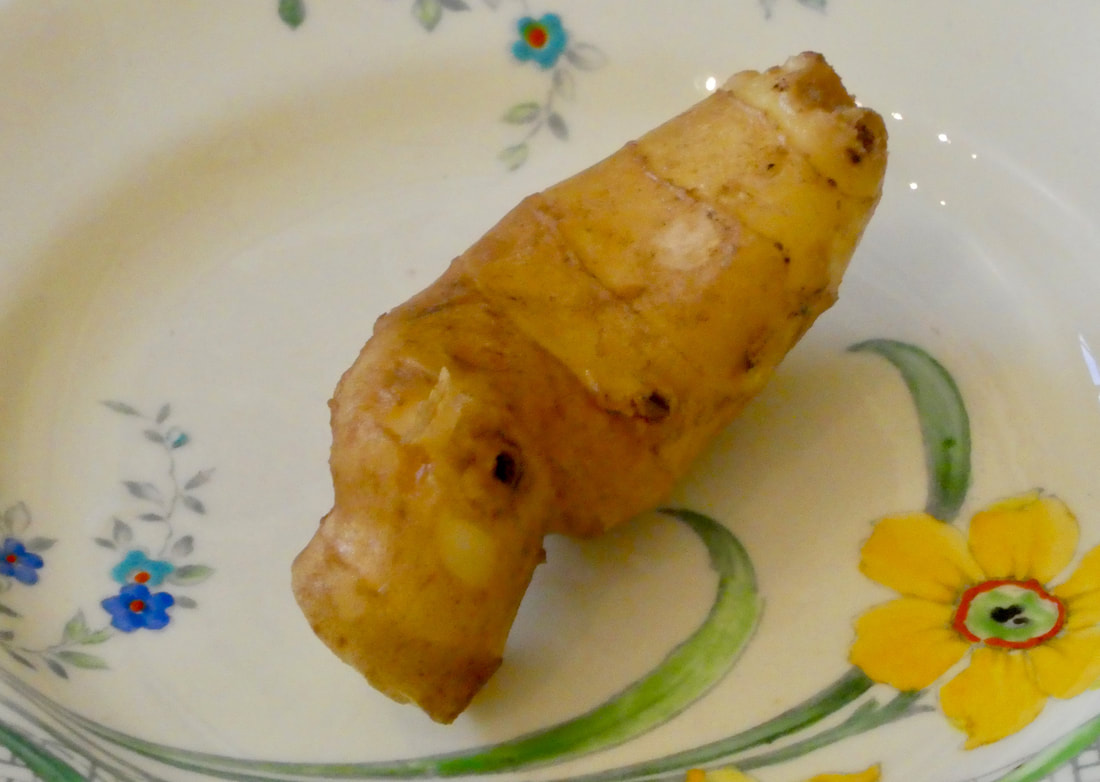The Ayurvedic phrase “prabhava”, refers to the potential for medicinal plants and herbs to have special effects that are not necessarily just confined to their taste or energy. These can be physical such as cathartic or antitussive, or act on the mental emotional level, or indeed both. Sometimes prabhava is an unexplainable action that cannot be traced back to any logical reasoning;
it can be quite paradoxical in its nature.
For example, if we look at the properties of Zingiber officinale or ginger, we see its Taste/Rasa is pungent and sweet and its Potency/Virya is heating. These pungent and heating properties are useful for using in cases of digestive and respiratory problems as they promote good digestion and help rid the gut of toxicity. Ginger is also very rejuvenating and its pungent, sweet and heating qualities are good for the heart and circulation. It is also used for helping coughs and assisting breathing problems.
On the other hand however, ginger is also an excellent anti-inflammatory employed in cases of pain and arthritis; it also reduces oedema and swelling in the limbs, but because it is heating rather than cooling in its nature, as is normally the case with anti-inflammatory, herbs, one can become somewhat perplexed. But Ayurveda does not see this as being paradoxical or contradictory at all, as this is regarded as a special potential or “prabhava”.
It is interesting to be aware that sometimes the surface properties of a plant do not immediately reveal the complexities of all of the medicinal actions that it possesses underneath. We need to look much closer and deeper to see matters in their entirety.

 RSS Feed
RSS Feed
